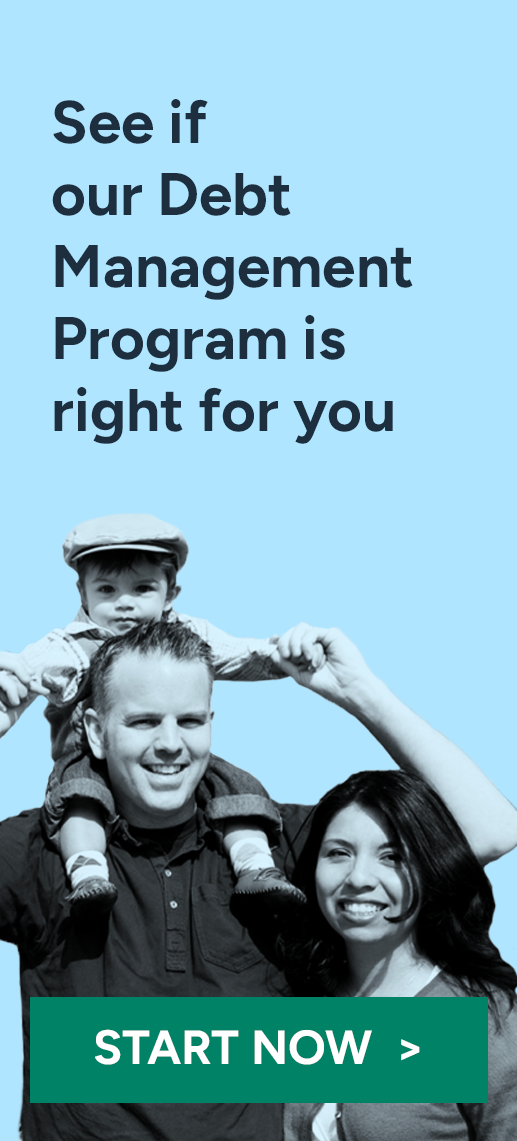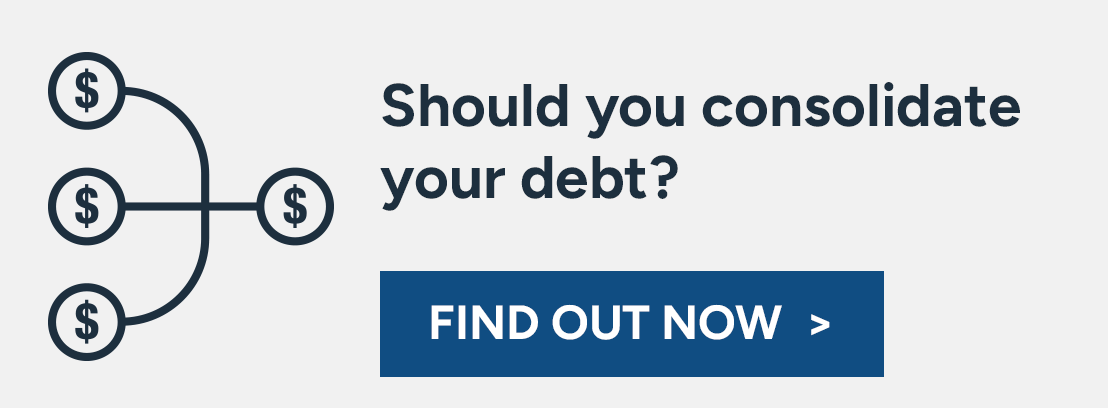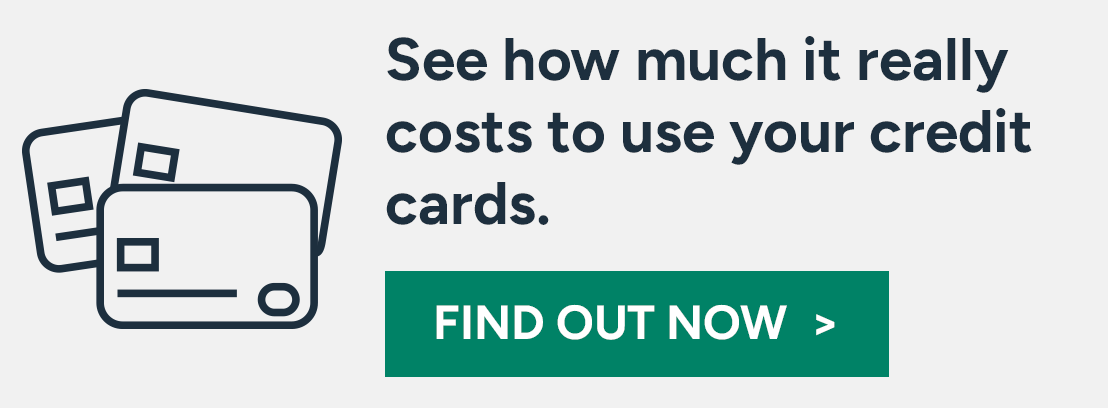You’ve likely seen advertisements for debt settlement services that promise to help you get rid of your debt by paying just pennies on every dollar you owe. And while this may seem too good to be true, if you’re feeling overwhelmed by debt, a debt collection settlement program may feel like your only way out. But what is a debt settlement program, exactly, and what are the risks and potential benefits? Here’s a short introduction to “What is a debt settlement program?” that provides a quick overview of the debt settlement process as well as debt settlement pros and cons.
What is a debt settlement program?
A debt settlement program is a debt relief strategy that offers your creditors a single, one-time payment in exchange for erasing your debt. Ideally, this payment is significantly less than what you owe. When a credit settlement is successful, consumers typically pay between 25% and 80% of their total debt.
To encourage creditors to accept your settlement offer, you’ll need to stop making monthly payments for a significant period of time. The money you would normally use to pay your monthly bills will instead go to a savings account with a debt settlement company. Once your accounts are seriously in arrears, the settlement company will approach your creditors and make your settlement offer. If they accept, you’ll make a lump sum payment using the money in your savings fund.
What is a debt settlement program designed to achieve?
A debt settlement program is intended to help you get out of debt quickly and, ideally, for a lot less money than you owe.
What is a debt settlement program’s biggest advantage?
When a debt settlement program is successful, it can help you resolve your debt far more quickly than making regular payments over time.
What is a debt settlement program’s greatest disadvantage?
Whether it is successful or not, a debt settlement program will leave you with a severely damaged credit rating. You will likely have trouble applying for credit cards, loans, apartments, and mortgages for up to seven years. If your settlement offer is successful, you’ll also owe as much as 25% of your savings to the settlement agency as a fee, and you may owe another 25% of your savings to the IRS in taxes.
What is a debt settlement program versus debt consolidation?
Debt consolidation is another debt relief strategy that focuses on reducing the interest on your loans or debt and simplifying your finances by consolidating multiple loans into a single new loan. It does not have a significant impact on your credit rating.
What is a debt settlement program versus bankruptcy?
Bankruptcy is a legally binding process that erases your debt but may also strip you of some assets and leave you with a severely damaged credit rating. As a debt relief strategy, bankruptcy is considered a last resort.
What is a debt settlement program versus debt management?
Debt management is another debt relief strategy that focuses on managing your money more carefully in order to pay your debt off faster. Because debt management enables you to continue making monthly payments, it will not adversely impact your credit rating.
To learn more about the benefits of debt management over debt settlement or bankruptcy, call for a free credit counseling session with American Consumer Credit Counseling, a non-profit company dedicated to helping consumers get out of debt and live debt-free in the future.



